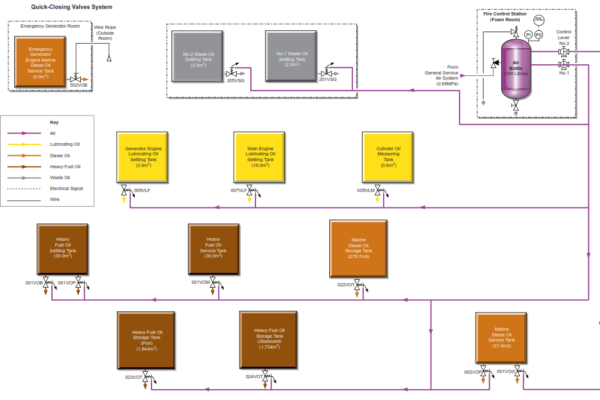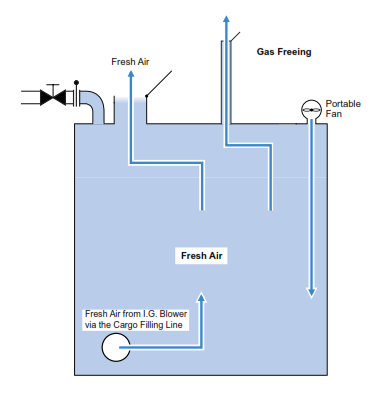CHEMICAL TANKER CARGO OPERATIONS & ASSOCIATED SAFETY PRECAUTIONS
Chemical tankers are among the most complex ships ever constructed. The cargoes they carry often, present tremendous challenges and difficulties from a safety point of view and many chemicals are also a far greater pollution threat than crude oils. Hazard evaluation of chemicals is in







